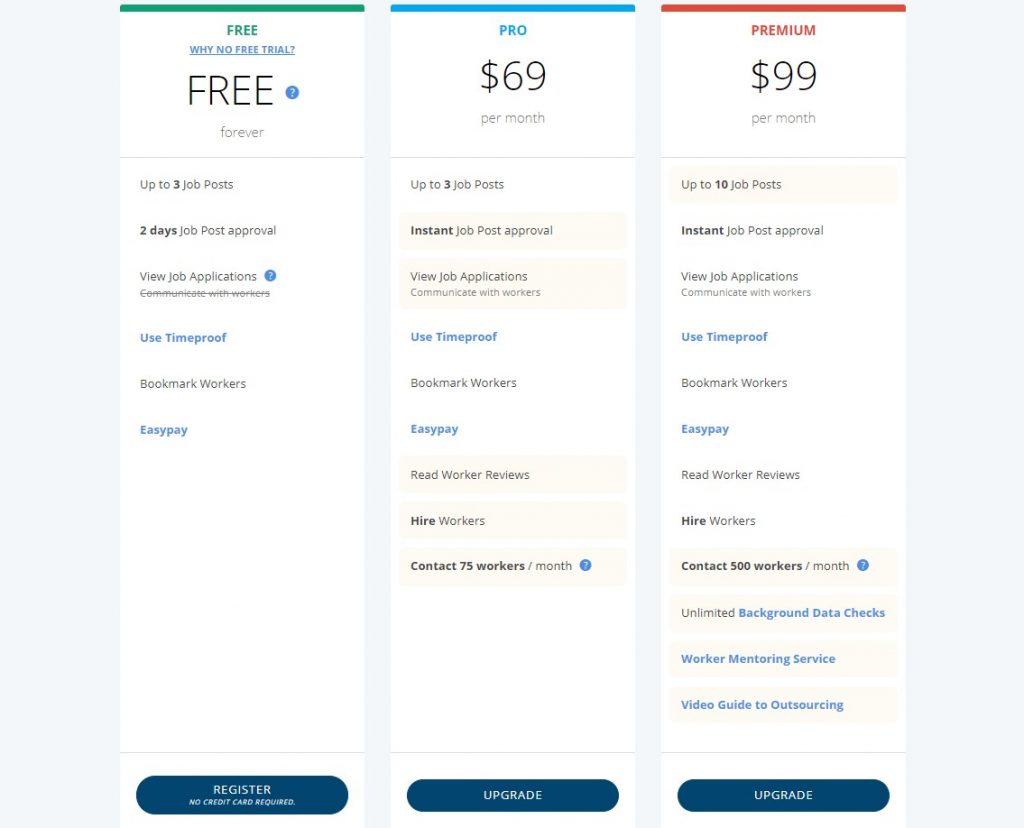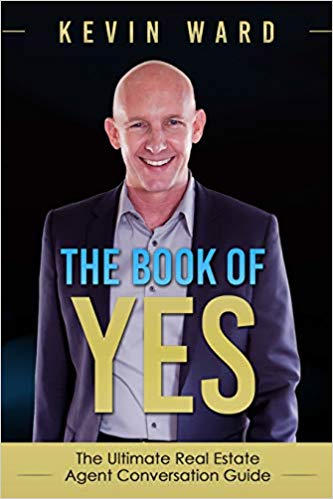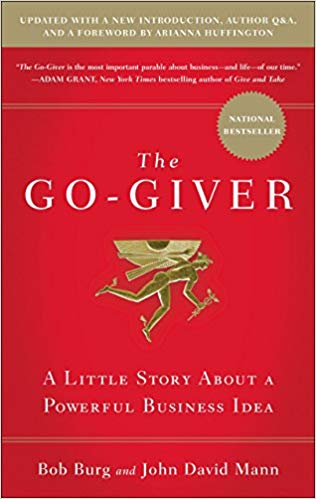5 Biggest Fears for Real Estate Agents

It seems like you can’t turn on the news nowadays without seeing some mention of the dreaded “r” word of recession, especially in the real estate markets. Whether or not we are going into a recession, or perhaps, the more pertinent question of trying to predict how bad it’s going to be is anyone’s guess.
As any seasoned real estate agent knows, it’s important to keep these fears in perspective and remember the one constant truth: people will always want to buy a home. When you simplify the situation and break it down, many of the fears people have about becoming a successful real estate agent don’t hold up over time. We examine the five most common fears that real estate agents face and the things you can do to overcome them.
1. Recession
Recessions are a natural part of the business cycle that is out of your control. When you put that into perspective, you can leverage that to come out on top when the market rebounds. The best approach would be to incorporate both a defensive and offensive strategy to counter any housing market downturn.
The defensive things that you can do to deal with a down market are things that are within your control. This includes building your savings to cover your living costs for the next 6 to 12 months and cutting out unnecessary expenses. Take a good hard look at where you are spending money and see if you can find ways to minimize them.
When it comes to building an offensive strategy to tackle a recession, the general idea is to be proactive rather than reactive. Even though there may be fewer real estate transactions to go around, that doesn’t mean you can’t create value for your business in other ways.
One of the ways you can easily add value to your business is simply through your own personal development. You can use this time to join Facebook groups, real estate discussion forums, and subreddits to learn new strategies and techniques from your fellow agents. These resources are great for meeting new people who are going through the same situation as you and can even be a place for emotional support. Attending self-help and motivational seminars in person are also great places you can go to get a boost of energy.
In terms of your business strategy, you may want to start looking into other markets. There is no doubt that recessions will cause other real estate agents to quit. This means that more territory and new opportunities become available for agents who are willing to stick it out. Instead of only working with single family homes, you may want to consider leasing, investment properties, commercial real estate or even property management. Real estate is a big field with many possibilities.
Doing these small activities will all help shift your mindset from focusing on obstacles to looking for opportunities. They help to anchor positive thoughts and remove things that invoke negative ones. The real question you should be wondering is if you are going to be ready when the market rebounds.
2. Unpredictable Income
Real estate agents are typically paid out on commission when they close a real estate transaction. Although these commission checks can be very large, there is no guarantee on when, or even if, they will be receiving their next one. This unpredictable schedule of getting paid can cause anxiety in some people.
If you are starting out as a new real estate agent, then the best route to establishing a long-term career would be to have enough funds set aside to last you at least 6 to 12 months. This would give you enough cushion to pursue real estate full-time and build your pipeline faster. If you find it difficult to save that amount of money, you can also do some rigorous analysis to cut costs in other areas to reduce your overall overhead.
If you already have a stable job, then it can be a scary proposition to leave that comfortable position to take on the risk on being a real estate agent. This is especially true if you are trying to raise a family and have other financial obligations. How do you get rid of that fear?
You can start part time. Keep your Monday through Friday day job and only work on weekends. Build your initial pipeline by going through your immediate sphere of influence first. People who know you directly or friends of friends. Work that pipeline first and see how it goes.
Once you get your pipeline going, you will feel more confident about leaving your regular job and going into real estate full time.
3. It Takes Too Much Time
We’ve been conditioned from childhood to believe that how much you make is directly correlated to how hard you work or how many hours you put in. This rule applies for a lot of situations but doesn’t have to in real estate.
As a real estate agent, you get to be the CEO of your own little business. Meaning you get to be in control of your productivity. This flexibility allows you to scale your business in ways that most other professions can’t. You get to choose to spend more of your time on the things that make you money and less time on things that don’t.
If you are getting bogged down in paperwork, you can hire a transaction coordinator or hire a virtual assistant. If you need help with marketing, your broker may have in-house resources available for you to use or you can simply hire a third-party social media marketing company. Whatever your needs are, there are usually tools you can outsource as a real estate agent to make the most of your time.
4. It Costs Too Much
One of the big fears people have about starting in real estate is that they are worried there is going to be a lot of upfront costs. While there is going to be some initial investment for a new agent, the vast majority of other expenses can be controlled and adjusted as needed.
The key is to create a goal and track your results. Set a budget for how much you think it will cost to achieve that goal. When you are a new agent, it is advisable to be realistic and start with small numbers.
As you work towards your goal, track your expenses along with your results. If your expenses are adding up a lot but you are not getting results, then it may be time to stop and reassess your situation.
However, if your expenses are in line with expectations and you end up getting great results, you know something is working well and you may want to start increasing your expenses to keep up with your rapid growth!
5. Fear of Failing
Nobody wants to fail, but it is just a part of life. In fact, if you want to be great at something, failing is a requirement. You can look at professional athletes or the greatest business leaders who ever lived as examples. Michael Jordan didn’t win every single game of his career. Every Apple product that Steve Jobs made wasn’t a hit. Perhaps, the most well-known example is of Thomas Edison failing a thousand times before finally perfecting the light bulb.
Rather than focus on the fear of failing, try to shift the focus to what you might have missed out on had you stuck it out a little longer. Imagine if Thomas Edison had given up on his 999th try when inventing the light bulb. Being successful doesn’t mean you won’t fail at some point. Being successful is about putting in the effort to try.
There is no denying that failing is not a good feeling. This is where your passion for real estate and helping people realize their dream of owning a home comes into play. If you want to become a real estate agent for the right reasons, then any setbacks you face will be short-lived and only temporary.





























